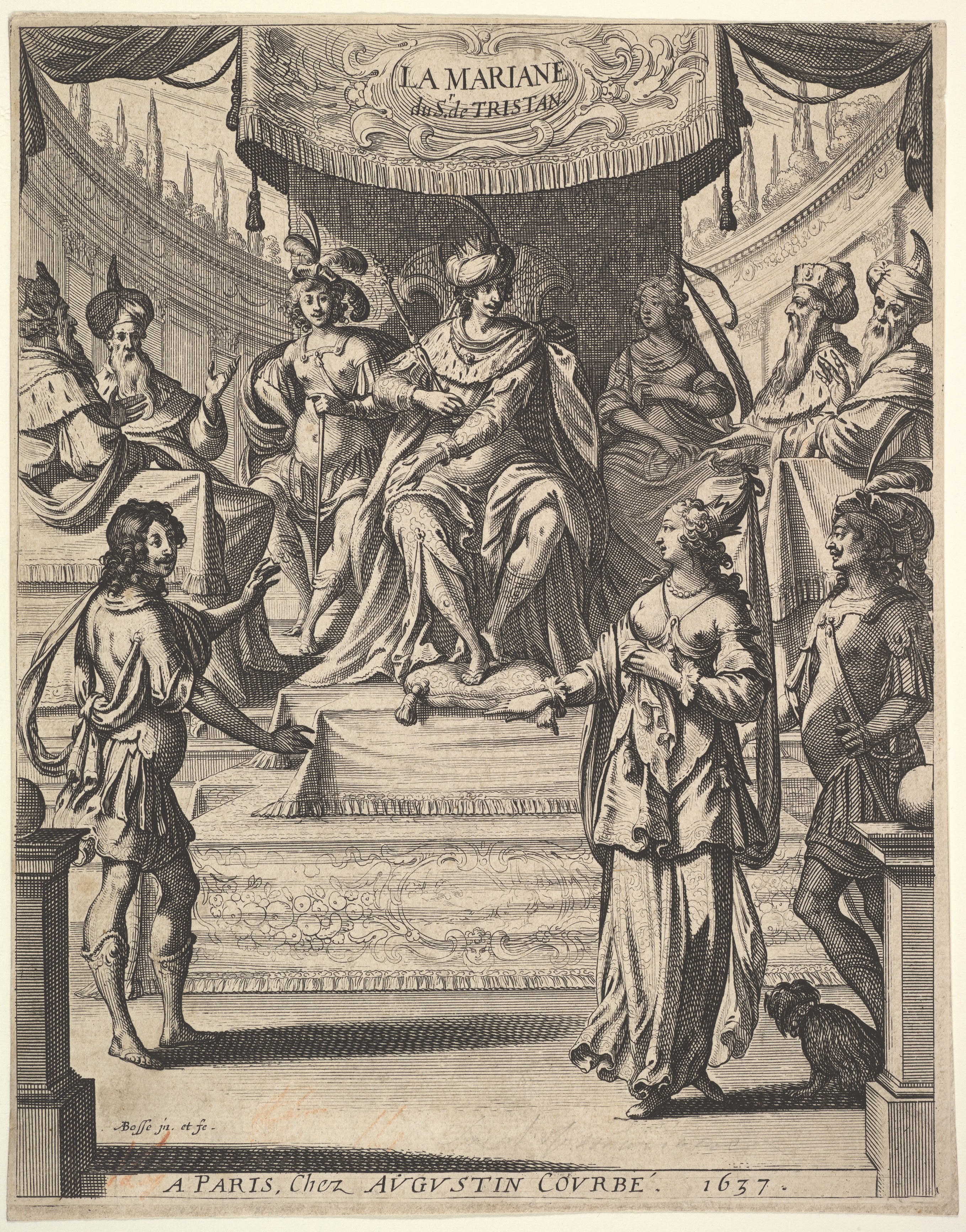Industry News
Importers Required to Certify that Malaysian and Vietnamese Goods Don't Come From China
TweetJul. 23, 2024
By:
Pietro N. Bianchi
Circumvention and transshipment enforcement actions have become increasingly common in the United States as companies seek to avoid additional duties from China while retaining their Chinese suppliers. Where this sort of enforcement has taken place, lawful trade has generally incurred additional requirements to prove their lawful status. Now that applies to wooden cabinets and vanities as well.

Applicable July 17, 2024, importers of certain wooden cabinets and vanities and components thereof, completed in Malaysia or Vietnam are required to submit an importer's certification and an exporter's certification to CBP on entry stating that the goods do not contain components made in China. Importers and exporters are further required to maintain the certifications and supporting documentation until the later of:
(1) five years after the latest entry date of the entries covered by the certification; or
(2) three years after the conclusion of any litigation in United States courts regarding such entries.
This might leave one asking, why do importers of products from Malaysia or Vietnam, or any country for that matter, have to certify that their products do not come from China? For context, there are antidumping, A-570-106, and countervailing, C-570-107, duty orders for these products of China. Bad actors have gone to extreme lengths, such as transshipment, to avoid antidumping (“AD”) and countervailing (“CVD”) duties.
Many transshipment schemes occur in Southeast Asian countries such as Malaysia or Vietnam due to their geographic proximity to China, among other factors. Recognizing that there is a risk of transshipment to avoid AD and CVD duties, Commerce established this certification requirement, which at the very least should put importers on notice to investigate their supply chains, and ignorance is no defense. Similarly, the region is also a risk for forced labor. We have written here, here, and here about how importers should audit their supply chains for forced labor. It is also best practice to audit your supply chains for AD and CVD liability, which can be significant - as high as 1,731.75 percent of the imported good’s value. AD and CVD put an importer in a difficult spot because often the goods may have entered the country and been sold before the importer was aware of the AD and CVD, offering little in the way of mitigation.
If you have questions about antidumping duties, countervailing duties, or supply chain risks and compliance do not hesitate to contact an attorney at Barnes Richardson, & Colburn LLP.
